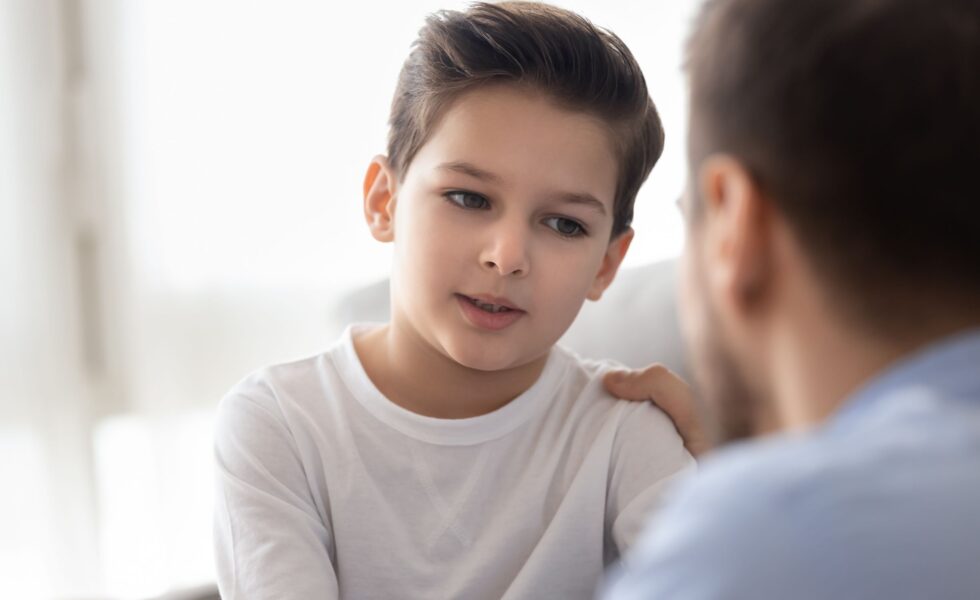How To Talk To Your Kids About The Next Phase Of The Pandemic

As more people become vaccinated against COVID-19, and governments begin to lift restrictions in public spaces, the list of questions and concerns for children is growing. This past year has been incredibly difficult for our youth. It has been a year filled with not only educational hurdles, but social and emotional hurdles as well. As we move into the next phase of the COVID-19 pandemic, it is important that parents and educators understand how to talk to children and answer their questions.
Is it safe to go back to school?
Whether a student is already back at school or still learning online, children feel a lot of anxiety about staying safe during the COVID-19 pandemic. If a child expresses their own fears or frustrations about returning to school, the most important thing you can do is listen to them. Let them know that these feelings are understandable given the circumstances. Even if a child is already in school, their perspective can shift and change as they go through different experiences. Listen to what the child has to say and acknowledge their feelings.
You can also reassure children about safety measures in schools and empower them to take actions to keep themselves and those around them safe. If they’re nervous or confused about why they have to wear masks or stay distant from their friends, explain why those measures have been put in place. Understanding what is going on and why can go a long way in easing their fears.
Will I receive the COVID-19 vaccine?
Right now, children are hearing a lot of talk about the COVID-19 vaccine. Whether it is on the news or in their communities, children can see that more and more adults are getting vaccinated. Children’s feelings on the vaccines will vary: some might be eager to get the vaccine, others might be scared, and others might not care.
It is important that children understand that they cannot currently receive the vaccine because it needs to be studied more. If a child expresses confusion or fear, explain to them that we know the vaccines are safe for adults, but since kids’ bodies work a bit differently, we have to make sure it is safe for them too. This conversation may lead to more questions: why do we need vaccines? How are they studied and how do they work? You can find more in-depth answers to these questions here.
Every child is going to have a different point of view when it comes to COVID-19. Their perspectives are shaped by their families, friends, and by their experiences over the course of the last year. The most important thing you can do when talking to a child about these issues is respect their voices and answer their questions honestly. Don’t be afraid to be vulnerable with the child and admit that maybe you’re afraid too. We don’t know exactly what the future holds, but children will feel a lot better if they know that they are not alone.
 youthspeakoutint.org
youthspeakoutint.org

Leave a Reply